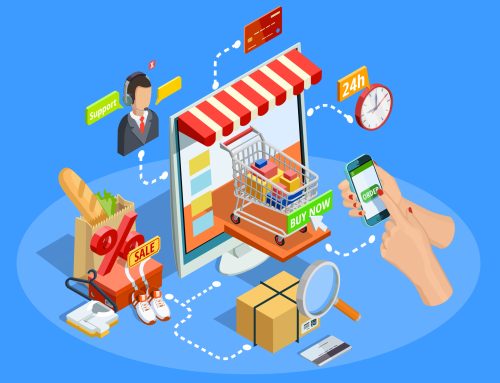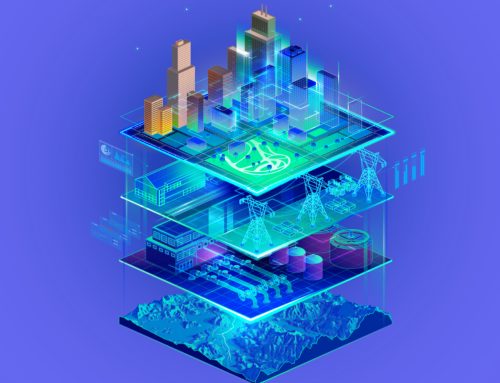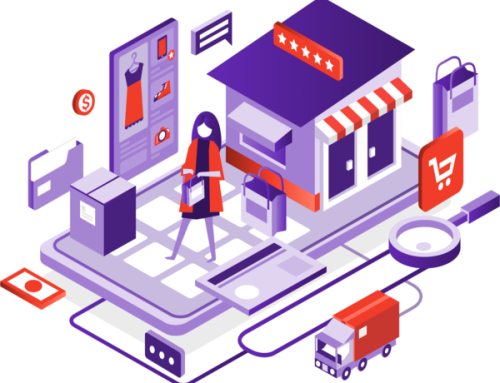Competition and customer expectations are growing in equal measure. Hotels can’t afford to falter on delivering a superb, multi-pronged customer experience. Customers want to be engaged in every way, from the basic needs of a comfortable stay to unexpected, on-brand moments. To keep up, hoteliers must be digitally present during the complete lifecycle of the guest, from research to booking to reengagement.
The benefits of getting it right can’t be overstated. Any given hotel has a 60-70% chance of booking an existing customer; however, there is only 5-20% chance of getting a new onboard. Then why do so many small hotels and large chains are able to get back only up 30% Customers back? Why do they miss out on instilling loyalty in their customers?
While Millennials certainly have higher demands for digital experiences, today’s travel customer expects personalization no matter their age. Here’s how hotels can make use of big data to strategically deliver on a variety of needs.
- Offer only targeted deals and discounts
Given the amount of data available to hoteliers to utilize, it has become increasingly important for them to personalize their discounts and offerings. By sending marketing emails not relevant to the customer, hotels not only risk low conversion rates but also the possibility of the customer unsubscribing from the service. An offer for a quick weekend getaway is far more likely to elicit a positive response than one for an exotic vacation if the customer’s inclination is to reduce time taken for travel from his home. Integration in its truest sense would mean that data is extracted not from just one unique booking, but from a guest’s previous stays, the property management platform, and other channels to provide a holistic view of the customer – which marketers can use to the benefit of both parties.
- Provide seamless cross-channel experiences
According to Forrester’s Consumer Technographics, 59% of consumers switched devices when completing common tasks such as shopping online and getting directions. Ubiquity of mobile devices has resulted in millennial customers switching devices throughout the day and even during a single purchase cycle. When they experience problems online, 60% of travelers expect the hotel personnel that contact via phone or chat to be aware of the issue, and to have the necessary action to resolve it. Half of travelers expect to make changes to their reservation using a different channel than the one originally used during booking. Hence, to pace up, hotels must have a single view of the customers — integrate cross-channel data in one to recognize them across devices instead of having their data lost. This is about more than designing for mobile first, it’s about implementing technology that puts the customer first and serve them better with same level of personalized offers across channels.
- Deliver personalized guest experiences across properties
With increasing brand loyalty and customers’ preference to stick to a particular chain, it is important to ensure fully interconnected systems which enable sharing of data across different hotels in the same chain. Even today, there are a number of instances of hotels belonging to the same chain not being aware of a regular customer’s preferences. The importance of consistency between properties is critical for creating loyal customers. When a guest shows up at a new property within their favorite chain, the same personalized treatment that another property provided in the past is bound to result in enhanced customer delight. Guests past experience/ survey feedback must be analyzed and shared with future booked properties to ensure delight.
- Integrate hotel and online travel agency data
Often reservations flow in from direct digital channels, numerous OTAs, and other offline channels. Combined data from these multiple touch points that can create a superior customer experience is not present with the hotel itself. The hotels thus need to have a robust system that ensures that all of their customer’s information and special requests through even third party gets integrated so that the hotel staff can utilize it well to enhance guest experience. Moreover, Loyalty and Marketing team can utilize this data to personalize offers for Customer who often flip between Third-party and Direct Brand channels to convert them to book direct.
- Innovate the way you meet expectations and measure satisfaction
It’s easy to simply request a customer service rating from one to five and be done with it. While customer service ratings are very important, these often do not provide the specific information needed to improve continually. To know what to ask, you first have to discover what you want to answer. Similarly in order to know what you want to provide, you must first know why you need to provide it. This can be partially achieved using the “what if” methodology. Also, here a broad, holistic view should give way to new innovations. What if the hotel’s booking app was completely integrated with the guest’s loyalty account information? How would that be possible and is that something your customer would value? Ask these theoretical questions internally before drafting a feedback request message—the result will be a more strategic, insightful customer survey.This approach can enrich the overall customer experience survey data and help perform more accurate Analytics on it to measure satisfaction and take it up further.
- Maintain a clear point of differentiation to inspire loyalty
Millennial travelers in particular seek experiences that align with their values, whether that means locally grown food, eco-friendly design, culturally sensitive experiences, or meditation pillows in every room. Of course, these aren’t the only points of brand differentiation. Budget travelers with families will have different desires than a young single or a retired luxury tourist. The best way to define “brand” is to think of it as a promise that is made to the customer. Using big data to create a USP for your Band that translates into a unique customer experience defines the secret to steady revenue.
Ultimately, hotels have an opportunity to create loyal customers and to future-proof their marketing strategies. Making use of big data, current digital technologies, and customer-centric innovation are the only ways to satisfy today’s savvy travelers.































